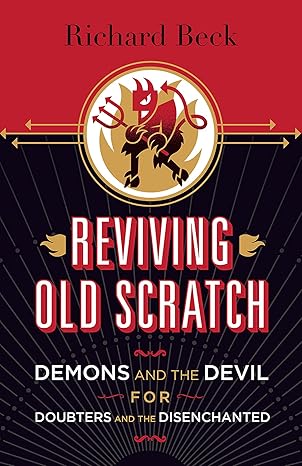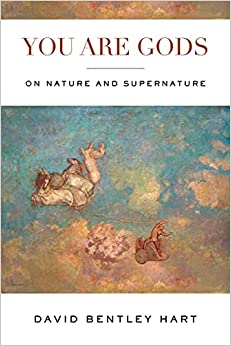Reviving Old Scratch – God at War
Our response to suffering and evil must be behavioral, not philosophical. God is at war. The question is not the “why” of the enemy, but its ultimate defeat. A defeat in which we are called to participate.
Reviving Old Scratch – God at War Read More »






